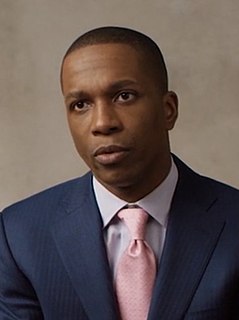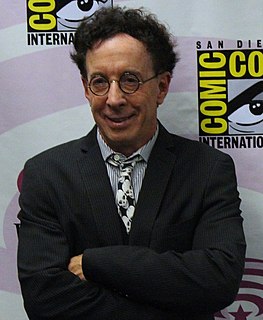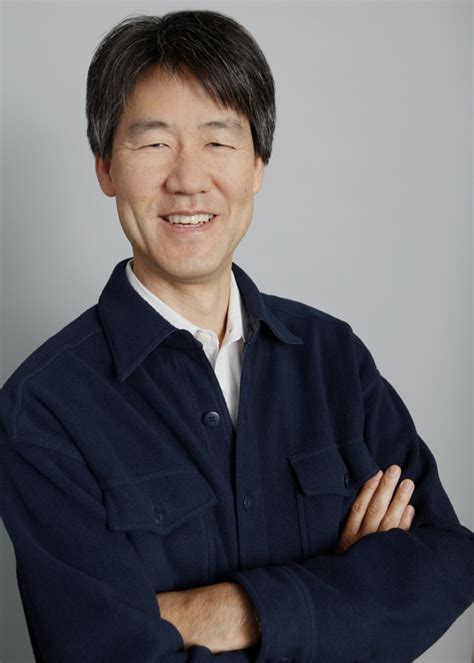A Quote by Ian Hacking
Kuhn was the intellectual of whom many scientists said he's 'telling it as is it is' insofar as talking about a process of 'tinkering' in terms of theory and experiment followed by radical changes. But often, what Kuhn had in mind were some very spectacular incidents in the history of the sciences that changed our way of looking at the world.
Related Quotes
If the theory accurately predicts what they [scientists] see, it confirms that it's a good theory. If they see something that the theory didn't lead them to believe, that's what Thomas Kuhn calls an anomaly. The anomaly requires a revised theory - and you just keep going through the cycle, making a better theory.
Before Kuhn, most scientists followed the place-a-stone-in-the-bright-temple-of-knowledge tradition, and would have told you that they hoped, above all, to lay many of the bricks, perhaps even the keystone, of truth's temple. Now most scientists of vision hope to foment revolution. We are, therefore, awash in revolutions, most self-proclaimed.
There is a spiritual capacity in carbon as there is a carbon component functioning in our highest spiritual experience. If some scientists consider that all this is merely a material process, then what they call matter, I call mind, soul, spirit, or consciousness. Possibly it is a question of terminology, since scientists too on occasion use terms that express awe and mystery. Most often, perhaps, they use the expression that some of the natural forms they encounter seem to be "telling them something."
Scientists are educated from a very early time and a very early age to believe that the greater scientist is the scientist who makes discoveries or theories that apply to the greatest ambit of things in the world. And if you've only made a very good theory about snails, or a very good theory about some planets but not about the universe as a whole, or about all the history of humankind, then you have in some sense accepted a lower position in the hierarchy of the fame of science as it's taught to you as a young student.
No theory changes what it is a theory about. Nothing is changed because we look at it, talk about it, or analyze it in a new way. Keats drank confusion to Newton for analyzing the rainbow, but the rainbow remained as beautiful as ever and became for many even more beautiful. Man has not changed because we look at him, talk about him, and analyze him scientifically. ... What does change is our chance of doing something about the subject of a theory. Newton's analysis of the light in a rainbow was a step in the direction of the laser.
I had a student once come up to me and we were talking about this incident, and, of course, I never had the right thing to say. But later on, I realized I should have said: Don't write about trying to change the world, just write about a changed world or a world that's not changing. Let that do the work.
Often the great scientists, by turning the problem around a bit, changed a defect to an asset. For example, many scientists when they found they couldn't do a problem finally began to study why not. They then turned it around the other way and said, "But of course, this is what it is" and got an important result.
The reason for teaching history is not that it changes society, but that it changes pupils; it changes what they see in the world, and how they see it.... To say someone has learnt history is to say something very wide ranging about the way in which he or she is likely to make sense of the world. History offers a way of seeing almost any substantive issue in human affairs, subject to certain procedures and standards, whatever feelings one may have.







































